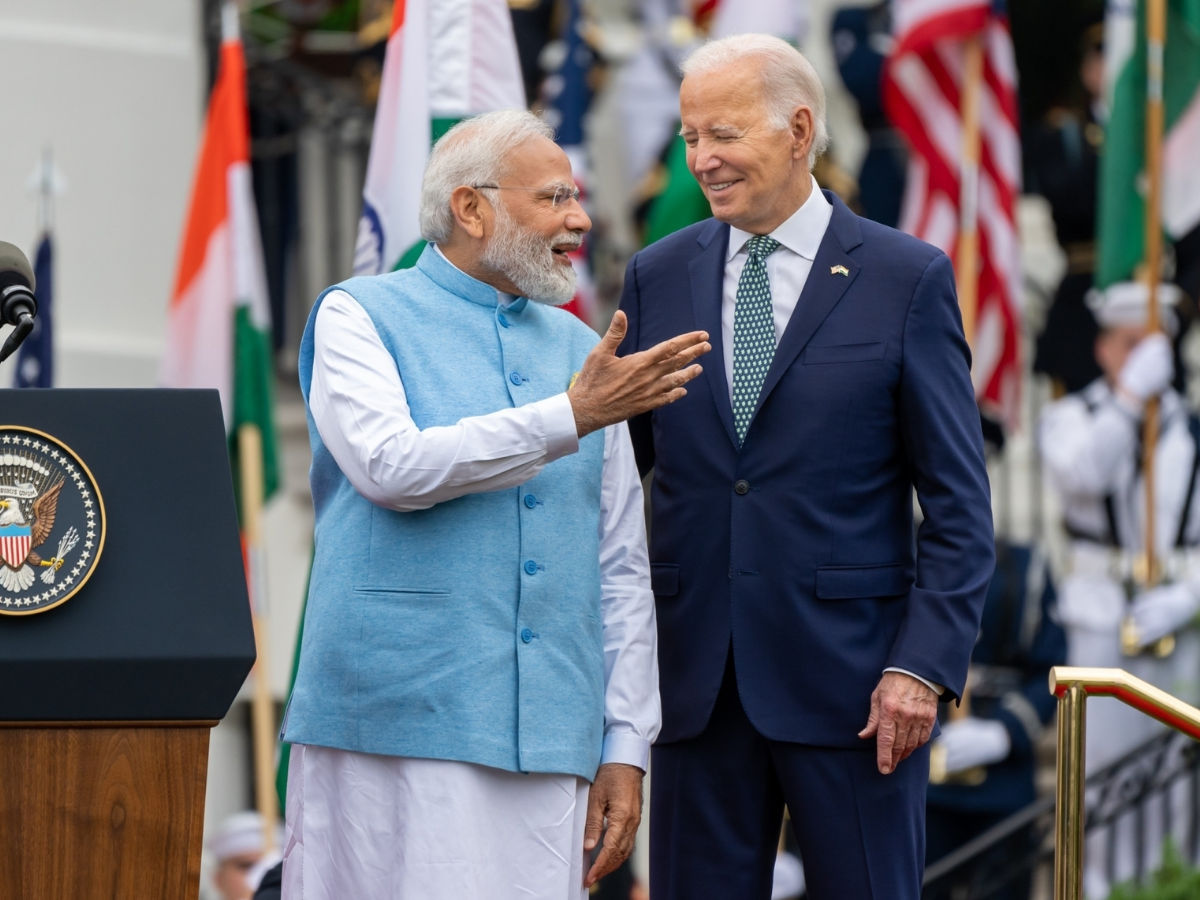India discusses potential for local currency trade settlement with Vietnam
Aggregating agriculture, fisheries, textiles, footwear, pharmaceuticals, chemicals, and fertilisers as key sectors for trade cooperation, both sides agreed to regularly and persistently discuss market access issues and technical barriers faced by exporters.

On August 8th, the Joint Trade Sub-Commission (JTSC) met in New Delhi to consider the possibility of a bilateral currency trade settlement between India and Vietnam.
According to a statement released after the talks, "the Indian side highlighted the potential in service sector cooperation and suggested cooperation in IT, financial services, education sector, tourism, healthcare, tele-medicine, medical tourism, and start-up ecosystem." The Indian side also proposed establishing Mutual Recognition Agreements (MRAs) on professional services, internationalising the RuPay card, and implementing a QR-based payment system.
Last month, New Delhi and the United Arab Emirates signed a memorandum of understanding (MoU) to settle bilateral transactions in rupees and dirhams. In mid-July, on the sidelines of the G20 Finance Ministers and Central Bank Governors meeting in Gandhinagar, India, the two countries also discussed a local currency settlement plan.
India hopes that by negotiating local currency settlement pacts, it can increase the use of the rupee as a means of payment for international trade.
New Delhi's total commerce with the Association of Southeast Asian Nations (ASEAN) in 2022-23 would be dominated by transactions with Vietnam, India's fifth largest trading partner among ASEAN countries. According to the statement, "Vietnam is an important destination for India's iron & steel as well as agricultural and animal products, mainly meat products, animal fodder, cereals, and marine products."
Both parties agreed to hold regular and sustained bilateral discussions aimed at resolving market access issues and technical barriers faced by exporters in the areas of agriculture, fisheries, textiles, footwear, pharmaceuticals, chemicals, and fertilisers, among others, identified as key sectors for expanding trade cooperation.
"Both sides reviewed the progress on bilateral trade and economic cooperation and discussed ways to unlock the vast untapped potential in bilateral trade to enable the business communities from the two sides to benefit from the partnership of two of the fastest growing economies," the statement read.
Also Read : Aeroflex Industries gets Sebi green light to float Rs 350-crore IPO















.jpeg?updatedAt=1698674282372)




